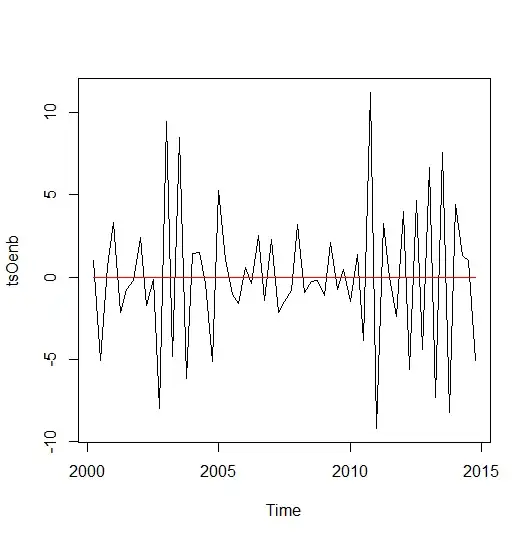I am struggling to synthesize the objections to re-randomization in experiments when it is costless and the criteria are pre-specified and regression is not an option. This came up in a related question in the comments on gung's answer and references to the work of Stephen Senn, like this paper.
Re-randomization is defined as:
I believe the usual objections are:
- Rerandomization to balance baseline covariates and outcomes results in overly “conservative” inferences in the sense that tests will reject true null hypotheses less often than the nominal level and confidence intervals will cover the true value more often than the nominal level.
- Baseline covariates/outcomes don't tell us anything about imbalance in unobserved covariates in the sample data we will use for analysis.
- We care about the population, but imbalance is inherently a property of the sample.
- You can adjust for imbalance in observed covariates and lagged outcomes in a regression anyway.
On the other hand, there are papers like Morgan and Rubin (2012) that do endorse the practice, it seems a common in industry (not that the latter is proof of anything), and it also is fairly common in economics research (where researchers often do not have control of the randomization process, so there could be some need to convince your readers that treated units were not cherry-picked). In my work, randomization is often at group level, and unbalanced groups are common when a finite subset of the population is in the experiment and groups vary in size.
I can see why (1) is a concern, but I believe this could be handled with randomization inference. I also don't mind being somewhat conservative in settings where there often are no adjustments for multiple comparisons.
With (2), balance on observed covariates and lagged outcomes makes me more willing to believe there is balance on unobserved relevant covariates since the two are usually correlated. It's like a false placebo test.
On (3), I agree, but if we make inferences about the population by using the sample, so this seems undesirable.
(4) is ruled out by the assumption of being unable to do regression in the experimentation platform and wariness about letting people throw in controls thoughtlessly.
I am curious if any of this is foolish or misguided.
